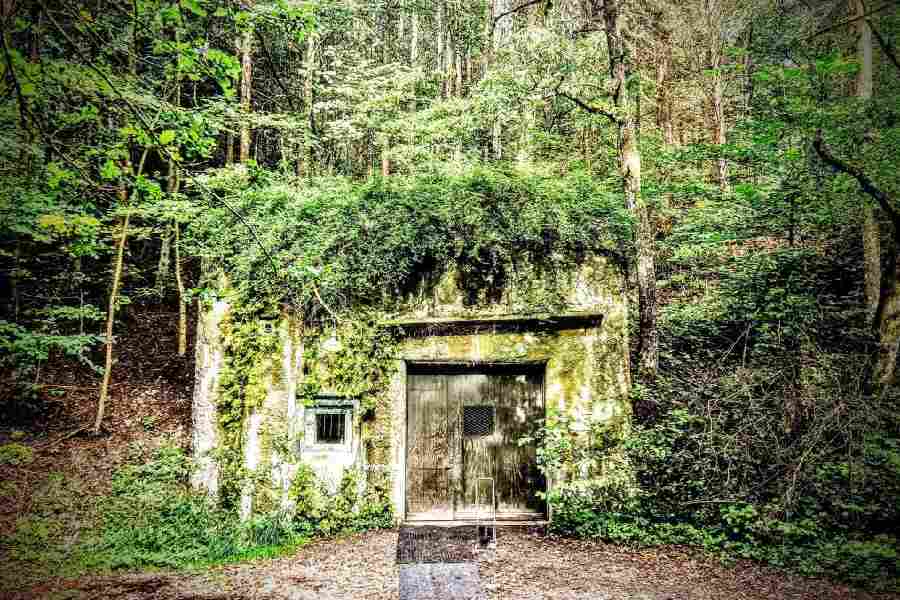Book: THE BEE STING
Author: Paul Murray
Published by: Hamish Hamilton
Price: Rs 899
I hadn’t read any Paul Murray before this book, so I didn’t know what to expect. Weighing in at a respectable 579 pages, it promised a deep dive into what looked like a domestic drama. But just a few pages in, Murray rolled up his sleeves and went at it in the best tradition of layered Irish storytelling. It was like binge watching a whole season of a hit show, which was no accident because Murray is also a screenwriter. This story, the writer’s fourth novel, is a family drama as well as a bildungsroman, a climate change novel and a mystery studded with the ticking time bombs of multiple secrets. It’s also funny in a poignant, sad and sometimes disturbing manner.
Nothing is as it seems in this book. Not even the bee sting of the title. And yet the secrets appear, on the outermost level, to be everyday, mundane evasions, the kind you fall into while trying to politely escape the unwanted attentions of your neighbours, as one does in a small town. Yet as you unwrap the mystery, the areas of darkness seem to join up and cover everything, like the flood that changes the fortunes of this small suburban town near Dublin. This is particularly terrifying because so much of the story is told from the point of view of children.
Possibly the most poignant theme in the book is the effect that the fluctuations in parents’ fortunes have on the kids. Two wealthy families, the Barneses and the Comerfords, are at the centre of the book, with a varied and well-rounded supporting cast. The Barneses, helmed by Maurice, the patriarch, make their money from a car dealership, the source of climate guilt for Dickie, the son in charge. Maurice is living the life of Riley in Portugal on accumulated previous profits, until recession forces him to
come back and sort out the family finances.
Dickie, for his part, is supposed to be the brainy son, the solid, reliable type who was always going to be the rock on which the Barnes fortune could comfortably rest, unlike his chancer of a brother who came to a sticky end. But as we slowly discover, Dickie is the most complex, twisted and bizarre character in the book, the one who is least what he seems. Dickie’s guilt about his part in destroying the planet leads him to take up with Victor, a notable creep who seems to have stepped bodily out of an American prepper webring, complete with sawn-off shotgun and murderous intentions towards wild creatures.
The two men’s darkly funny project to create a ‘bunker’ up in the woods where the Barnes family can retreat if it all goes bad ends up catalysing Dickie’s mental disintegration. On top of that, secrets from his college days in Dublin (which he has successfully convinced his family never happened) continue to pursue Dickie whenever he washes off the forest mud and rejoins civilisation. He is faced with the increasing desperation of his wife, Imelda, as the money runs away like water. Imelda manages in spite of her spikiness to be a sympathetic character. The squalor and deprivation of her childhood and her near descent into ruin before she married into
the Barnes family are the psychological wellsprings of her motivation, but to the world she must present the polished, perfectly-turned-out facade of the wife of a notable townsman.
Then there is Cass Barnes, the daughter, and her childhood friend, Elaine Comerford, both trying to live Instagrammable lives in the middle of their parents’ drama, while the town gossip-circles include them in the body of salacious tales around their families. Big Mike Comerford is the other honcho of the town, but he, a farmer, lacks the polish of Maurice and his sleek fleet of cars and is closer in spirit to Imelda’s psychopathic father, Paddy Joe.
Other notable characters include Rose, Imelda’s aunt and a wise woman, who can see the future. Rose rescues Imelda from her father’s abusive household after her mother dies of cancer, but Rose herself cannot be rescued. Neither can Imelda’s brother, Lar, the kindest and most normal person in her home. In a sense, both Rose and Lar give up their futures to allow Imelda to have hers.
All of these complex threads form a rich tapestry of intrigue and lies hidden beneath the smooth surface of pretend-normalcy that such towns always draw over themselves like camouflage blankets. Each person’s demons lead them to the end, which has the stark inevitability of Greek tragedy. You will finish this book with chills, but in a good way. Most definitely worth a read.










